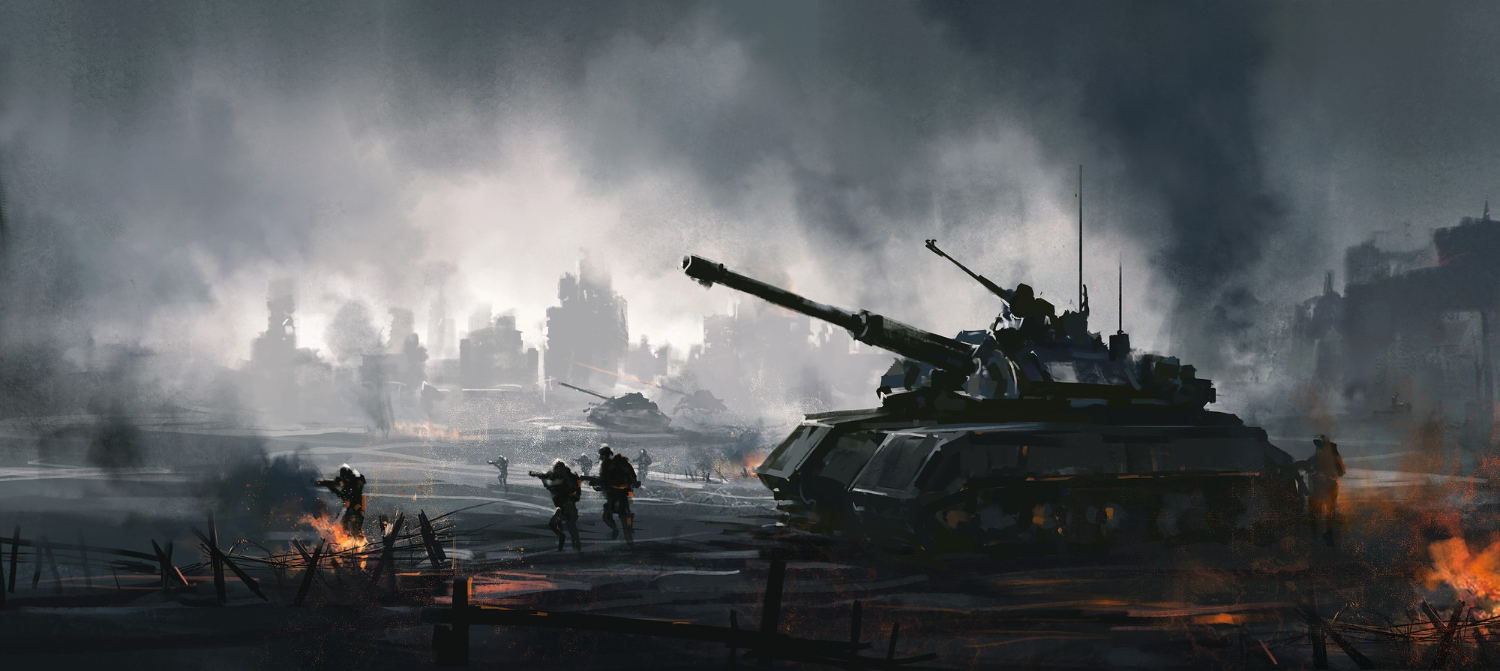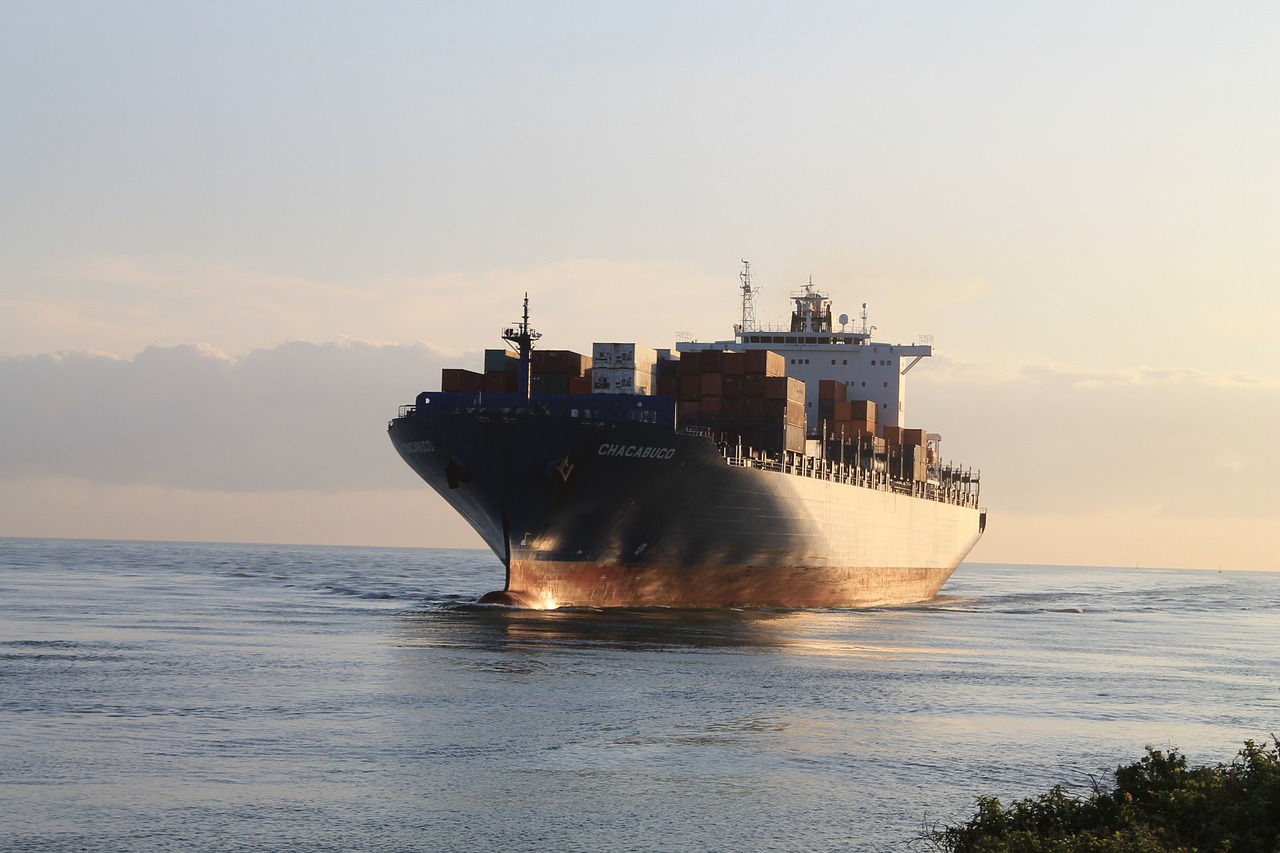In our previous blog, we discussed the Top 5 Devastating Impacts of War on Supply Chain in detail. In continuation to that blog, let’s analyze the impacts of Russia Ukraine War on Supply Chain. Just when the world was recovering from tremendous harm caused by the pandemic, Russia declared war against Ukraine. It is the most brutal war witnessed after World War II and is having an outsized impact on the global economy. While our major concern is regarding the losses incurred by Ukraine in terms of life and destructed property, we can’t neglect its impact on the global supply chain.
But Why? Russia and Ukraine are the largest producers and exporters of oilseeds, particularly sunflower seeds accounting for 75% of the global production which is equivalent to establishing a monopoly. They are also responsible for exporting one-third of the world’s wheat and barley. Russia is also a major player in the global energy and fertilizer markets. It is the world’s largest natural gas exporter, second-largest oil exporter, and third-largest coal exporter, accounting for 20%, 11%, and 15% of global exports in 2019. So when there is a conflict between these countries, the global supply chain would suffer in some or the other way.
Supply Chain Impacts caused by Russia Ukraine War
1. Hindered Cargo Movements

The Russia-Ukraine war has definitely caused a supply chain crisis. Ukraine exports 70% of its commodities through ships. Since Russia has blocked the ports and shipping routes of the Black Sea, Bosphorous Strait, Dardanelles strait and Sea of Azov among many others, the shippers have to reroute or wait till the situation improves. After Ukraine airspace was closed to civilian flights and airlines avoided Russian airspace, the freight charges skyrocketed and hence all the logistics service providers suspended their activities.
Many of the Russian companies could not even afford to pay for the goods in the ship due to decreasing value of the Ruble, leading to abandonment and therefore Freight Forwarders will be stuck with uncleared bills. With the increase in shipment risk, insurers have either refused to cover the insurance or increased the premium for the shipping goods discouraging the shipowners to send their vessels to these countries.
2. Dramatic Increase in Price

Crude oil is the most traded and used commodity in the world. Russia is the world’s second-largest crude oil exporter after Saudi Arabia and around 48 countries are dependent on its supplies which amounts to oil worth $123 billion. The disruptions caused due to the Russia-Ukraine war led to an increase in crude oil prices which contributed to an increase in fuel prices. With the increase in fuel prices transportation costs drastically increased which contributed to the inflated price of goods.
In addition to this, crude oil is a key ingredient in the polymerization process used to produce plastics. Hence rising prices of crude oil will also increase the price of plastic-made products.
3. Supply Shortage
The supply shortage is one of the main problems faced by many industries and among them, Electronics and Automobile industries are topping the list. Let’s analyze the impact on the Electronics Industry as an example. Chip or semiconductor is a core part of electronic products be it phones, laptops, microwaves, automobiles, or any modern-day gadget. During the Pandemic, multiple lockdowns have caused an unexpected rise in demand for these products leading to a supply shock and causing a global shortage. With the advent of Russia Ukraine War, this crisis has further increased. This is because Ukraine accounts for 50% of the global neon supply, which is a vital component of lasers used for chip production.
Also, Russia accounts for 30-40% supply of palladium, a rare metal used in every electronic product be it a basic consumer product or sophisticated military hardware. The Russia-Ukraine war has led to a huge barrier in the supply of Neon and Palladium resulting in their price inflation.
Another point of concern is that East Asia accounts for 3/4th of the world’s chip production capacity. Given the increasing market size and domestic production capabilities, China will lead the global semiconductor industry by 2030. Hence China’s unwillingness to sanction Russia, combined with the already strained relationship between the US and China, presents a significant geopolitical threat to the electronics supply chain.
Summary
Apart from the impacts of the Russia-Ukraine war discussed in this article, there are countless other impacts and it is not possible to cover them all in a single blog. We saw that even if the war is between Russia and Ukraine, the entire world is facing its consequences. If you’d like to read similar articles, kindly refer to our blog section. Click here if you’re interested in how StaTwig solves Supply Chain problems.





